IN CONVERSATION WITH:
STARRY KONG
STARRY KONG
(07.10.21)
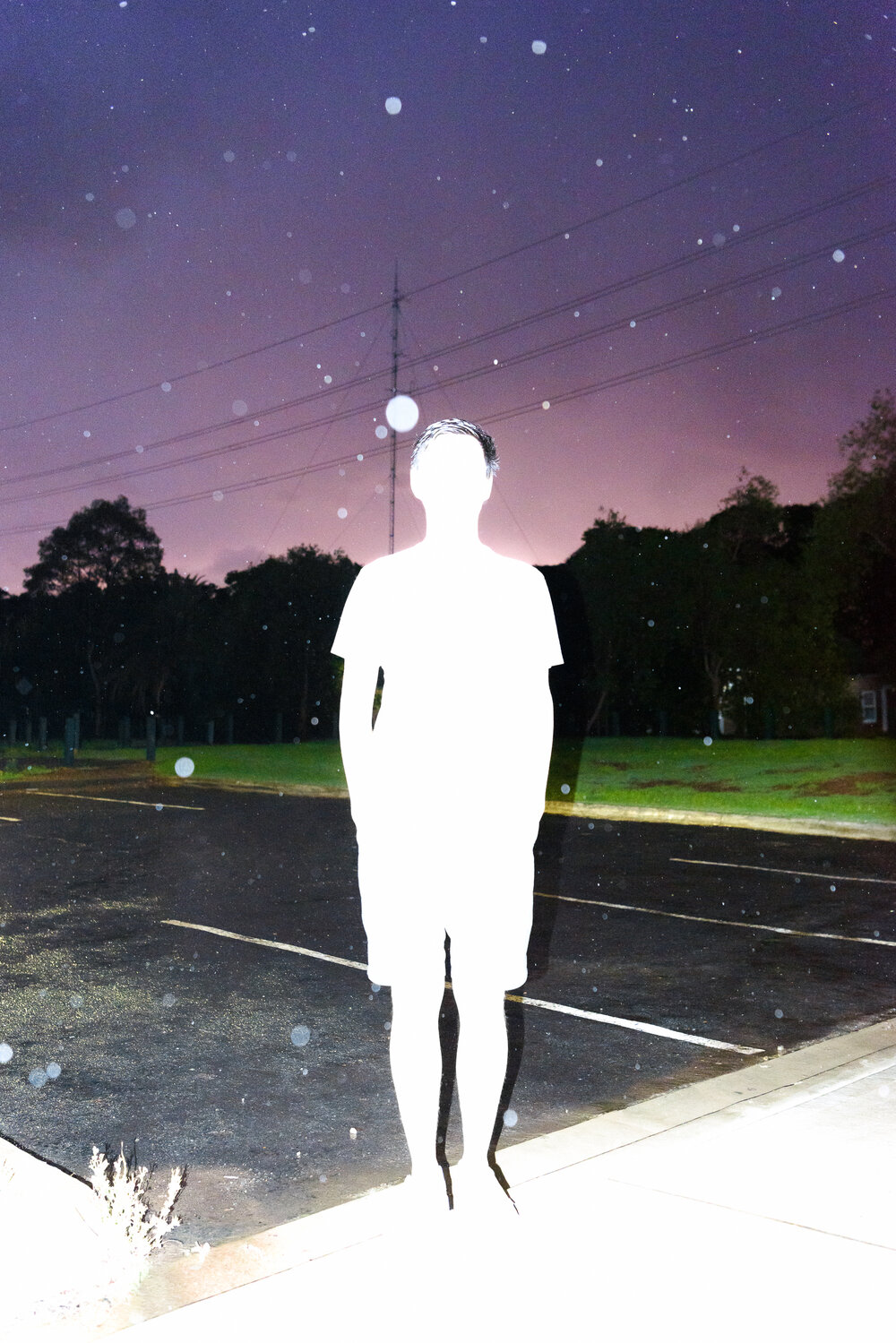

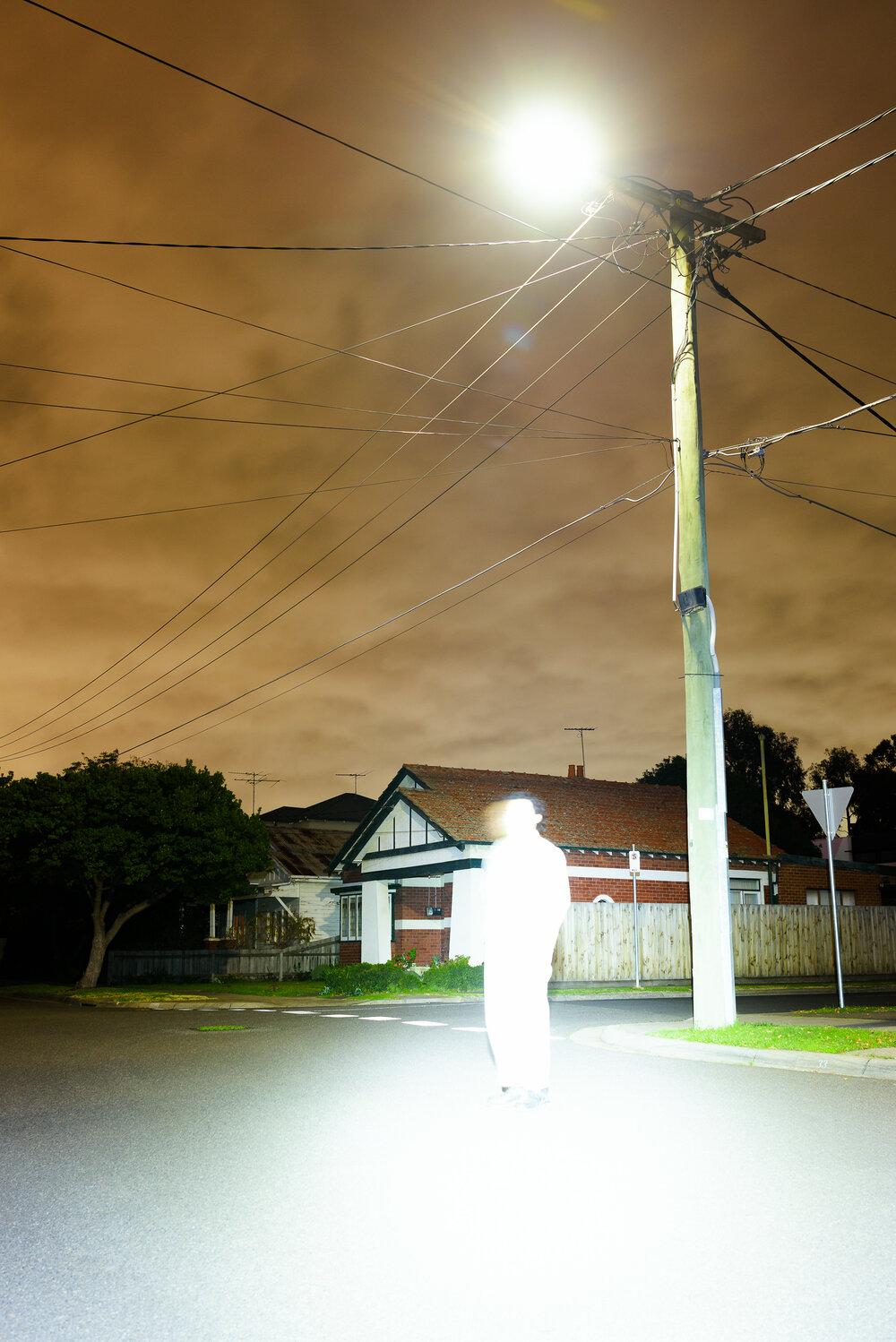
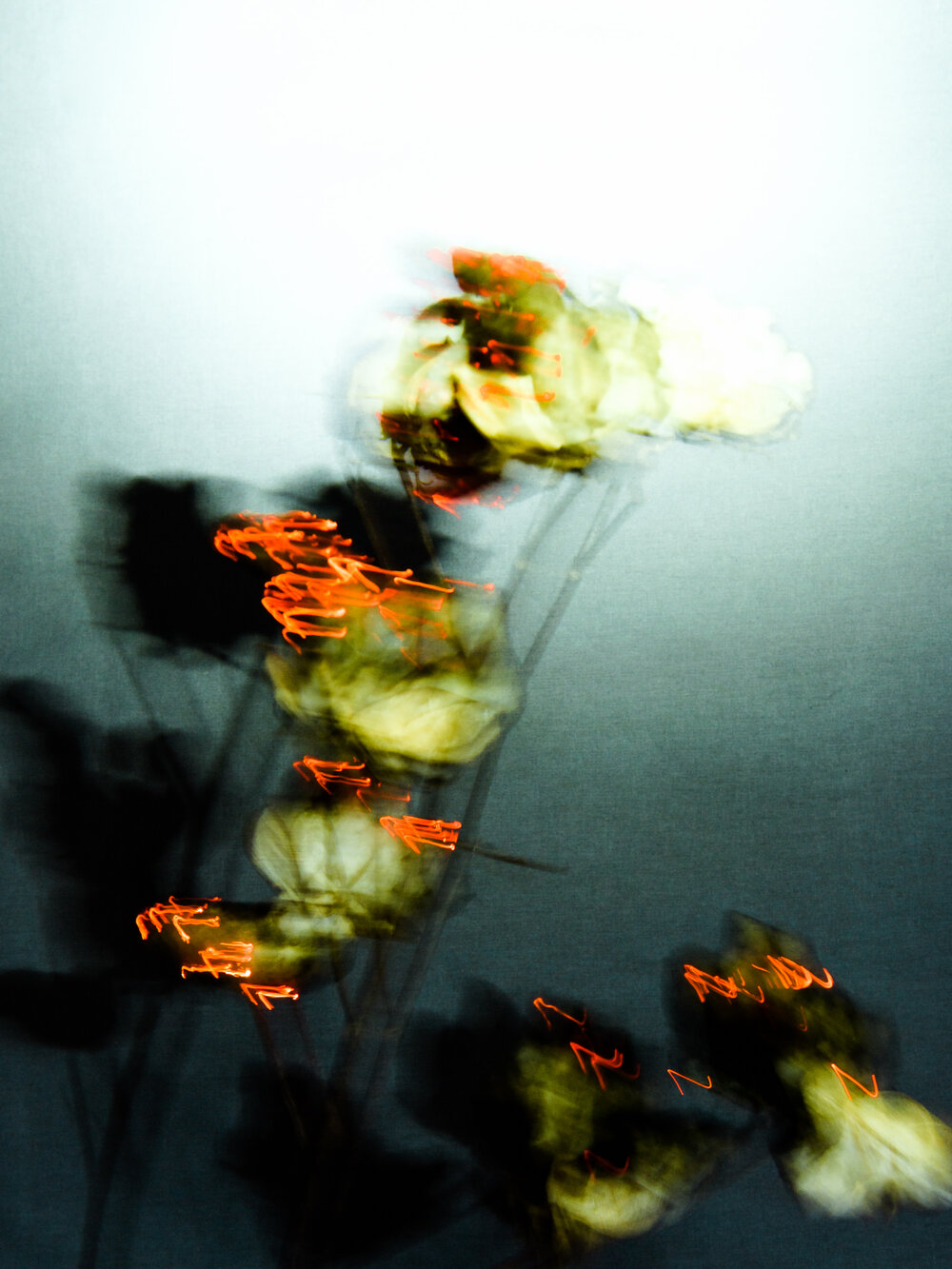
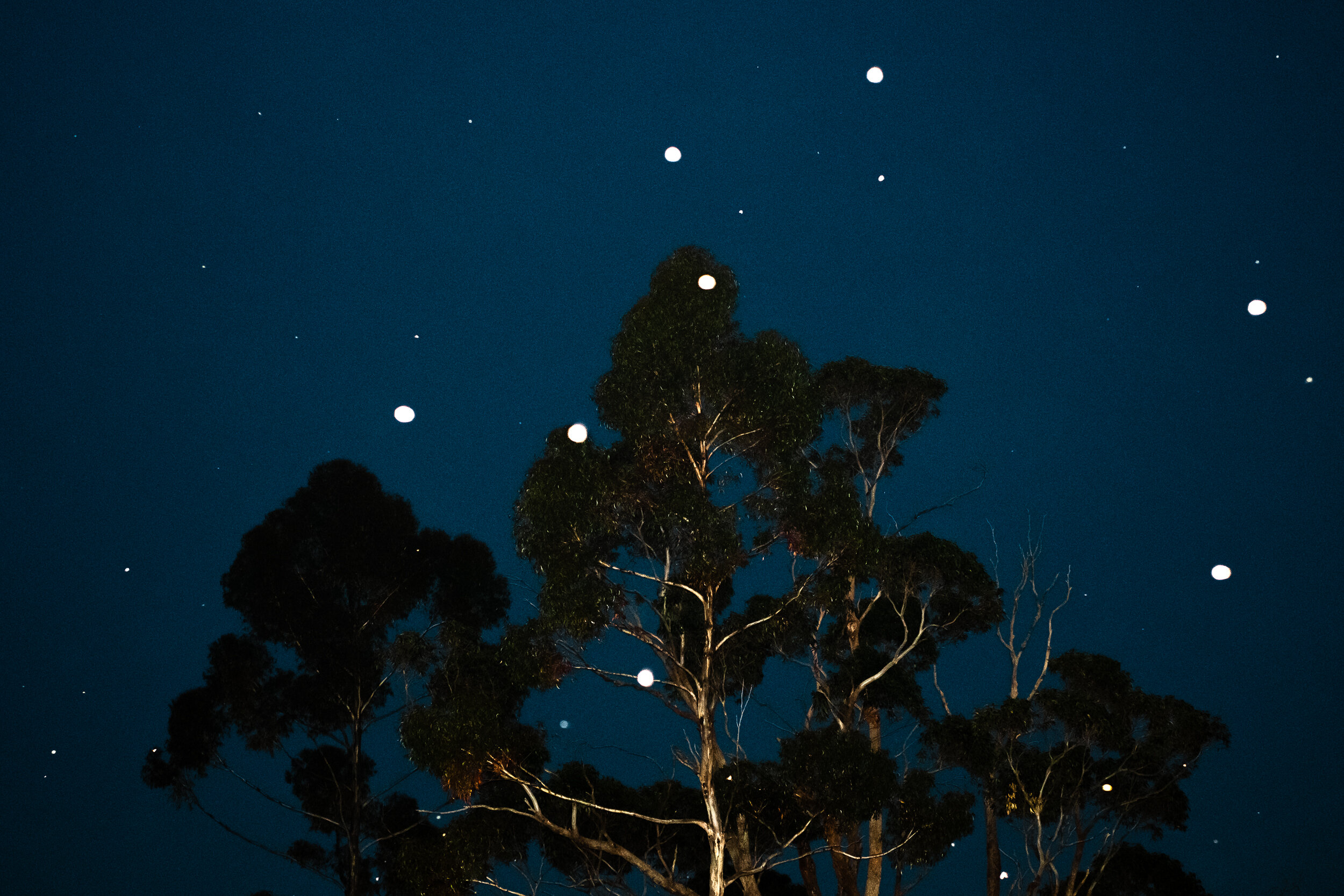
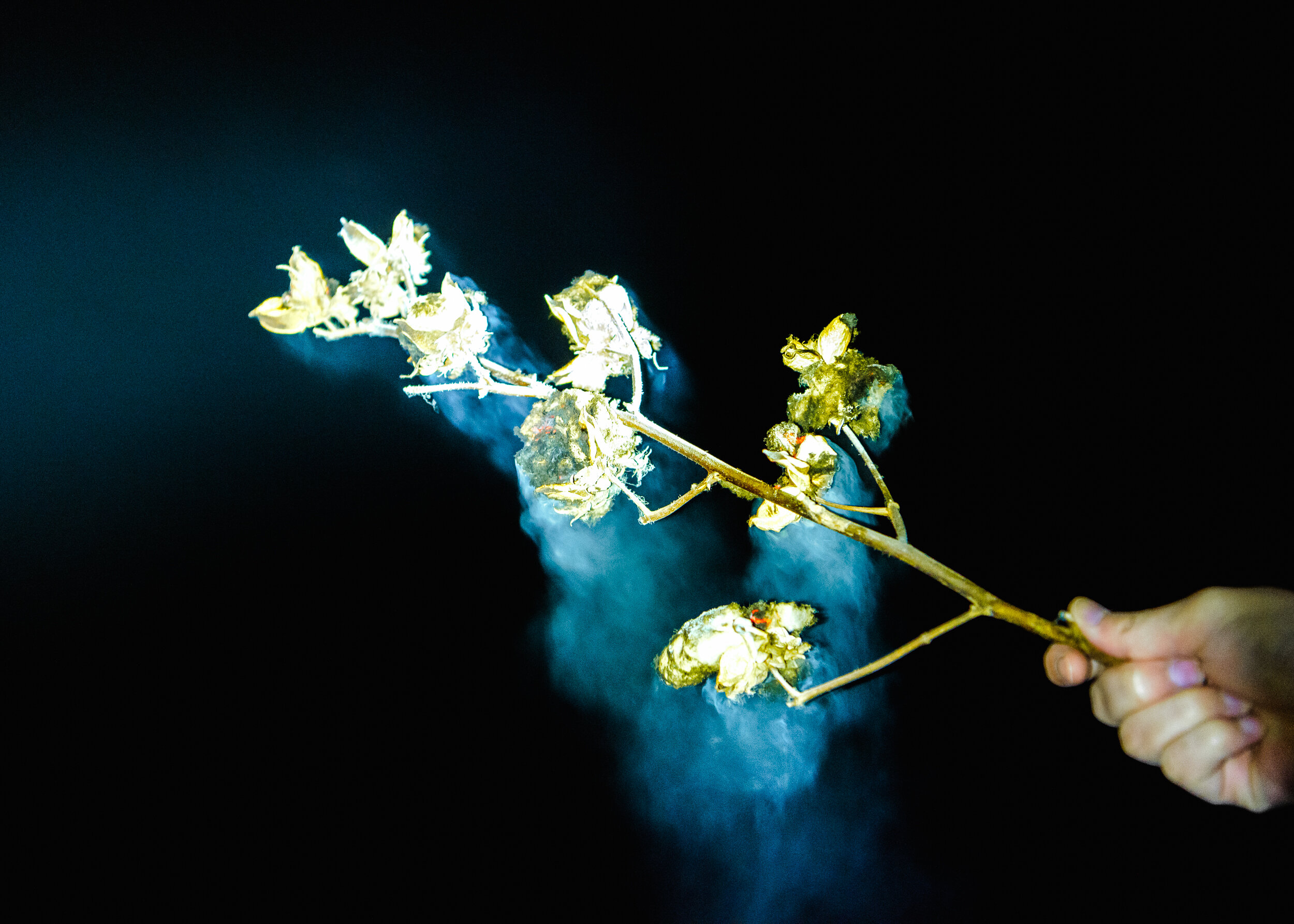
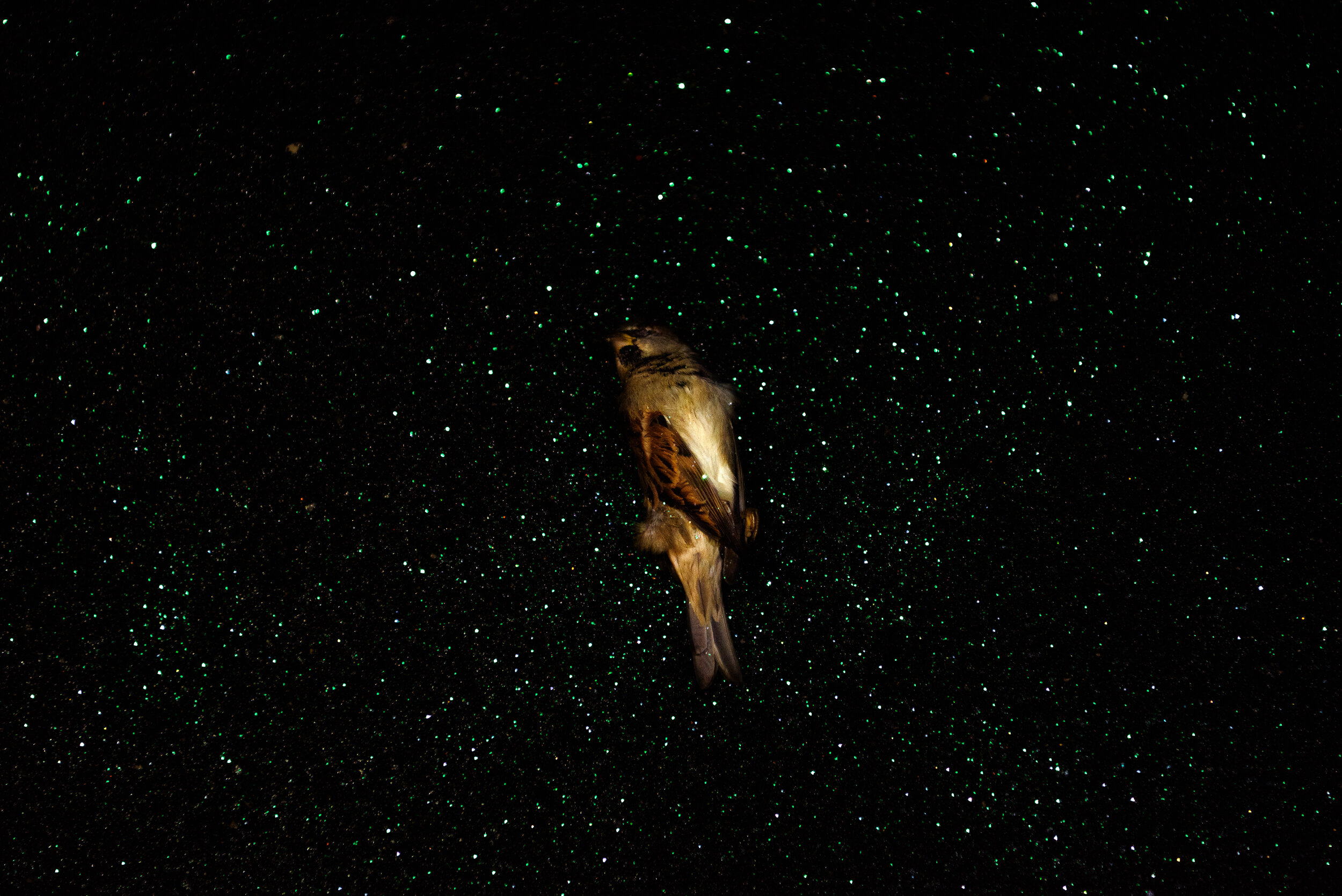


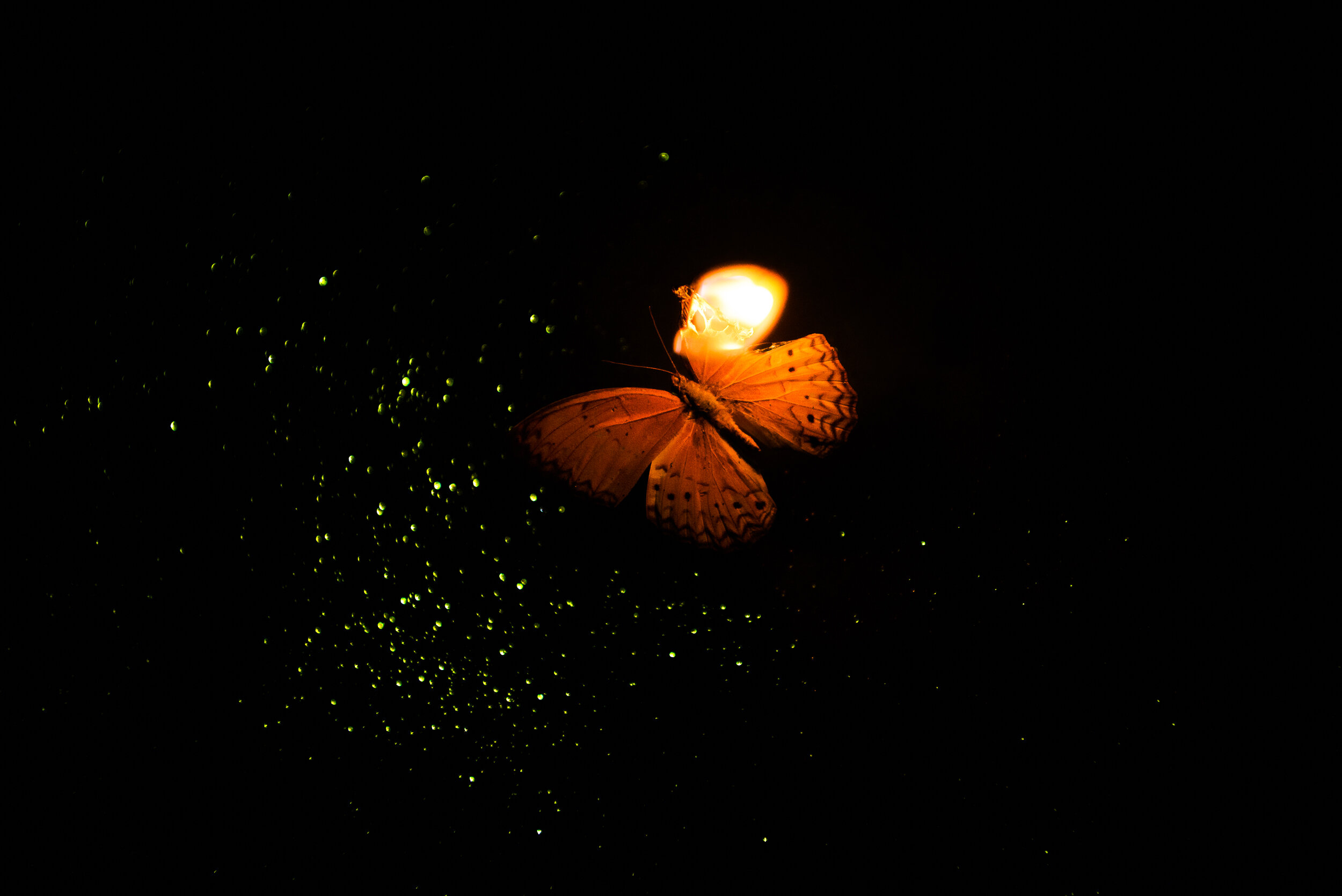

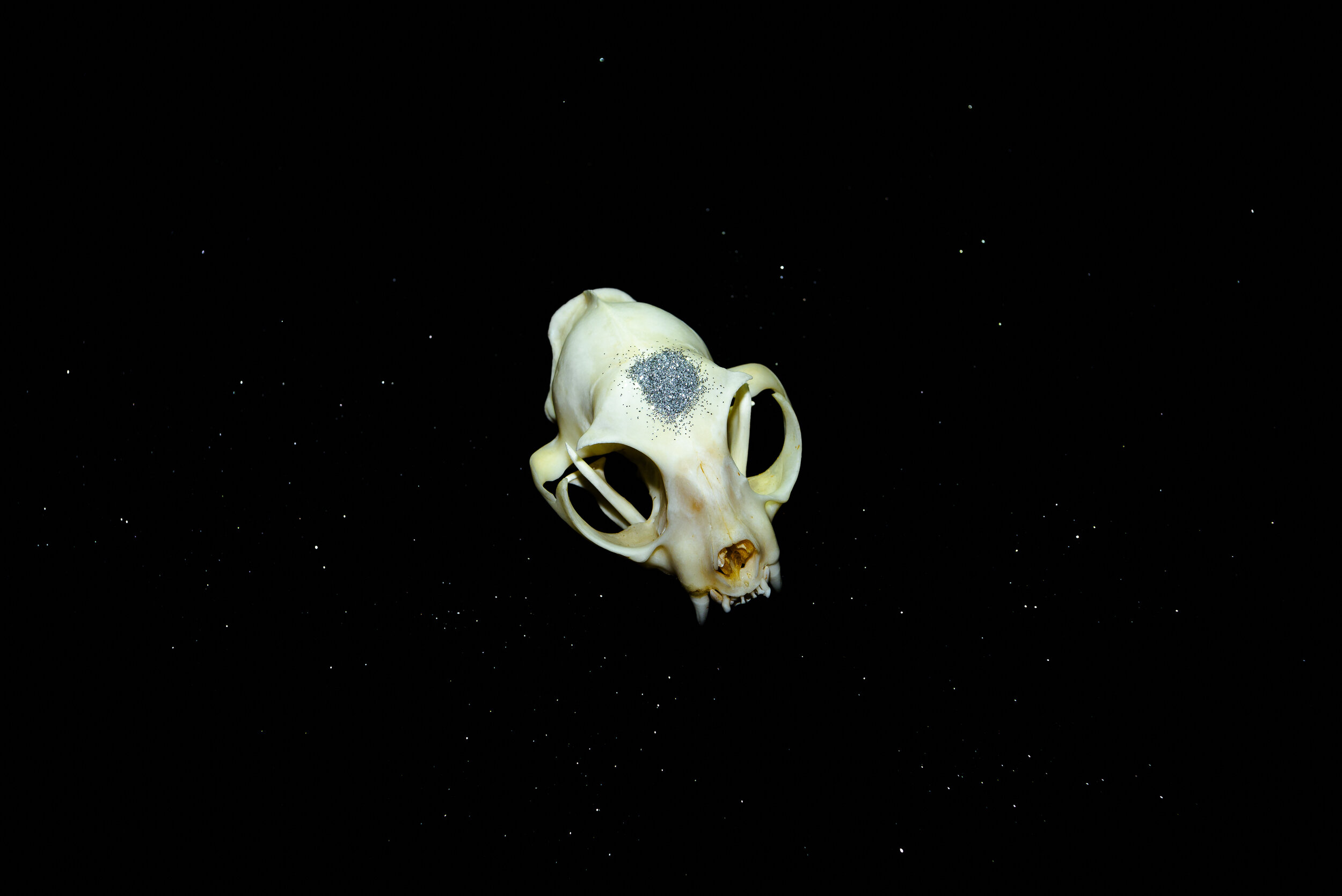
In Conversation with Adrian J. Song
Adrian Song: I remember sitting on your balcony a few months ago, and we were talking about how difficult life was. How would you live if you never had to worry about money?
AS: You've also just recently graduated, I've heard it takes about a year or two to really understand how to navigate being an artist outside of school. How has that transition been for you?
AS: ‘You can’t walk this earth forever; someday you will have to fly’ is such a beautiful title for a photo book. It’s bittersweet, but there's still an optimism there.
AS: This series was actually made during lockdown last year, yet the images seem almost otherworldly. How did you manage to construct this unique atmosphere?
AS: There is a strong sense of poetic language, not only in how you communicate visually, but also with the words you pair with your projects. Is poetry, or writing, a strong aspect of your creative process?
AS: So, why choose photography?
AS: I do feel your images have the ability to really resonate with people. Especially in portraying subject matter that can't easily be expressed. How do you approach translating such complex emotions into a visual form?
AS: I know you love Demon Slayer, what other anime would you recommend?
AS: Thank you so much Starry, for your time. What are you working on now, and what do you have planned for the future?
︎
Starry Kong is a Melbourne-based visual artist who was born in Kunming, China. She obtained an Honours degree in photography from RMIT University, Australia in 2020. Starry is interested in the intangible and inexpressible sentiments that are characteristic to humankind. She explores this phenomenon through her own experiences of loss, grief, alienation and her long-term mental illness, which has become the foundation and origin of her creative practice. Starry uses photography as the primary medium to express her inner feelings and thoughts, while metaphor and symbolisation constitutes her visual art language.
To see more work by Starry Kong, visit - Website / Instagram
︎
Starry Kong: Be a useless person and wake up naturally everyday. (laughs)
AS: You've also just recently graduated, I've heard it takes about a year or two to really understand how to navigate being an artist outside of school. How has that transition been for you?
SK: I've found that it’s really difficult to keep a consistent creative process outside of art school. Especially during the lockdown. Even though I have more free time, I still lack motivation to do anything without a goal or deadline to push me forward. Also, because you're not in that environment anymore, you're not able to have the critique and feedback from your peers or supervisors.
AS: ‘You can’t walk this earth forever; someday you will have to fly’ is such a beautiful title for a photo book. It’s bittersweet, but there's still an optimism there.
SK: I got it from my Australian mother. It's something she told her boys when they were young. It’s a beautiful and brilliant sentence, which translates ‘we are all gonna die’ into poetic existentialist philosophy. This optimism also matches up with what I tried to convey throughout this book: instead of obsessing with the state of living and treating death as a taboo, we should accept mortality as part of life.
AS: This series was actually made during lockdown last year, yet the images seem almost otherworldly. How did you manage to construct this unique atmosphere?
SK: I didn’t try to do that on purpose actually. The visual language I've been using in all my projects is “manipulation” instead of “documentation”. “Documentation” records the reality that exists in front of the camera, while “manipulation” is manipulating the object in front of me to create my own “reality”, which allows me to create my own little world.
AS: There is a strong sense of poetic language, not only in how you communicate visually, but also with the words you pair with your projects. Is poetry, or writing, a strong aspect of your creative process?
SK: I did try to make my book seem like visual poetry. I love poetry very much. It's amazing how you can create magic by using just a few words. Unlike fiction, which gives me a sense of “fire” by its thrilling story, poetry is more like a “star” -- quiet and always present, but you're always willing to come back to it. I wish my book could take on such an existence.
AS: So, why choose photography?
SK: Photography is the only thing that has survived from my depression. I used to be an energetic kid and had many hobbies when I was young, such as drawing, painting, handcrafting, and sports. But everything has gradually disappeared ever since I started suffering from depression 10 year ago. Maybe I needed something as a window to release my pain -- and I can’t write or make music, so photography has become that window. Also, I think photography is something that exists between reality and imagination. It has the power to show or blur reality.
AS: I do feel your images have the ability to really resonate with people. Especially in portraying subject matter that can't easily be expressed. How do you approach translating such complex emotions into a visual form?
SK: That's the most difficult part of my creative process every time, to express the inexpressible. Basically, all my projects are trying to express my inexpressible feelings and experiences, but it's difficult to achieve just by directly documenting what's in my daily life. Therefore, I need an indirect way to convey these things, using symbolism and visual metaphor.
I think when I started my photography degree, the metaphors I used for my work were more direct and obvious, and I didn’t really know much about my style. As I travelled further along this journey and experimented more, I slowly developed my own poetic visual language. The metaphors became less direct and more abstract. Even though I'm still trying to figure out what my style is, I don't feel it's that important anymore.
AS: I know you love Demon Slayer, what other anime would you recommend?
SK: (Laughs) Normally I love anime that is chill and relaxing, and extra points if it’s funny. I have watched “Horimiya” three times this year, so I would recommend that.
AS: Thank you so much Starry, for your time. What are you working on now, and what do you have planned for the future?
SK: I'm not doing anything at the moment, trying to press pause and process my feelings and emotions. I plan to do my PhD in the near future, and create a project related to my sense of un-belonging and divergence.
︎
Starry Kong is a Melbourne-based visual artist who was born in Kunming, China. She obtained an Honours degree in photography from RMIT University, Australia in 2020. Starry is interested in the intangible and inexpressible sentiments that are characteristic to humankind. She explores this phenomenon through her own experiences of loss, grief, alienation and her long-term mental illness, which has become the foundation and origin of her creative practice. Starry uses photography as the primary medium to express her inner feelings and thoughts, while metaphor and symbolisation constitutes her visual art language.
To see more work by Starry Kong, visit - Website / Instagram
︎